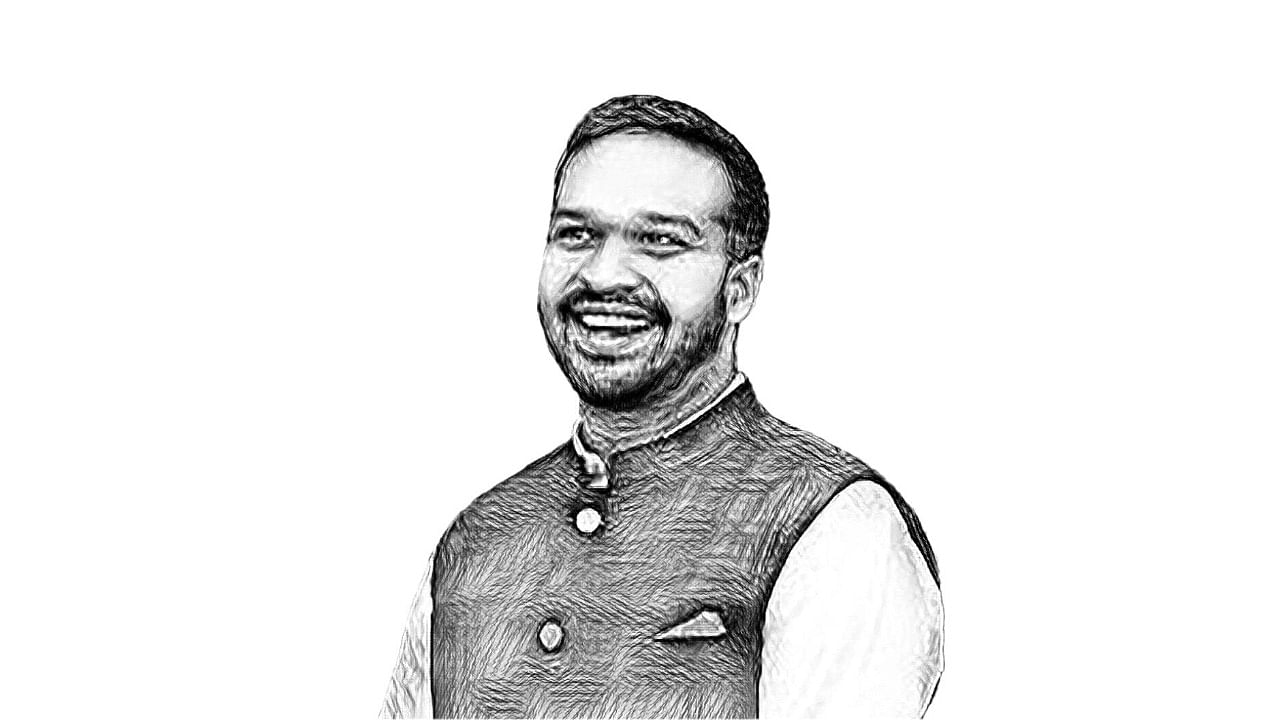
From being a buzzword to a necessity, environmental, social and governance (ESG) has come a long way in the last five years and the question globally, and closer home across India Inc, has shifted from why to how. Just last month, the Securities & Exchange Board of India approved the amended framework for ESG disclosures till FY 2027.
All this points in one direction – whether it’s about sustainable, long-term growth, or building trust among stakeholders, companies today understand that ESG is an inextricable part of how they do business. This ties in directly to the triple-bottom line approach, that marks people, planet, and profits as the three tenets for a healthy bottom line.
Ergo, it is possible to make money while doing the right thing. In fact, solving global issues presents massive business opportunities for companies, whether it’s in the form of waste management and recycling, or green aluminum recovery. A shift to a circular economy model in India for example, has the potential to generate an annual value of $218 billion by 2030, and $624 billion by 2040.
It’s safe to say then, that ESG is no longer just a passing trend, but something we’re in for the long haul; something that won’t be ancillary, but a part of the corporations’ DNA itself.
Reducing costs
A report by the World Economic Forum estimates a reduction of 15-20% energy costs and 20-30% water usage for companies who integrate ESG into their business model. This goes on to say just how much an ESG-focus helps organisations reduce costs and ensure resource efficiency.
In 2021 for instance, Saint Gobain invested $16.4 million to reduce the footprint of its India manufacturing plant, and built two reservoirs to store 130 million litres of rainwater. In 2020, Sony found itself at the top of WSJ’s list of most sustainably managed companies, after chief executive Kenichiro Yoshida pivoted the focus on ESG when he took reins of the company in 2018.
Higher employee productivity
ESG as a workforce strategy seems to have worked for organisations in the last few years, especially with the advent of Gen Z in the workforce. Studies have consistently shown that companies with employee well-being, and DE&I as priorities, benefit from higher employee productivity. This is added to the fact that the millennials & Gen Z workforce wants to work with organisations that have a strong sense of social & environmental responsibility. A McKinsey & Company study in 2020 found that companies with more diverse and inclusive workforces were 36% more likely to have above-average financial returns than those with less diverse and inclusive workforces.
Enabling top-line growth
Top line growth is one of the first markers that is seen to pivot when companies prioritise ESG. This is because of the sheer size of the unexplored market globally, and the potential for reduced costs & high performance within existing operations.
A 2021 report by the Harvard Business Review Analytic Services found that companies with strong ESG performance are more likely to experience financial outperformance than companies with weaker ESG performance, parameters measured being revenue growth, profitability, and stock price growth. Shifting consumer preferences towards companies with environment & society friendly practices also contributes significantly to this growth.
Today, several things can be said to emphasise how crucial ESG practices are towards the betterment of the planet, but when numbers speak, we listen. When the three integral parts of any business – people, money, and operations – all benefit from ESG integration, there isn’t a single reason for each & every company, young or old, to not move the needle.
(Annanya Agarwal is the co-founder and chief executive of Runaya Group)